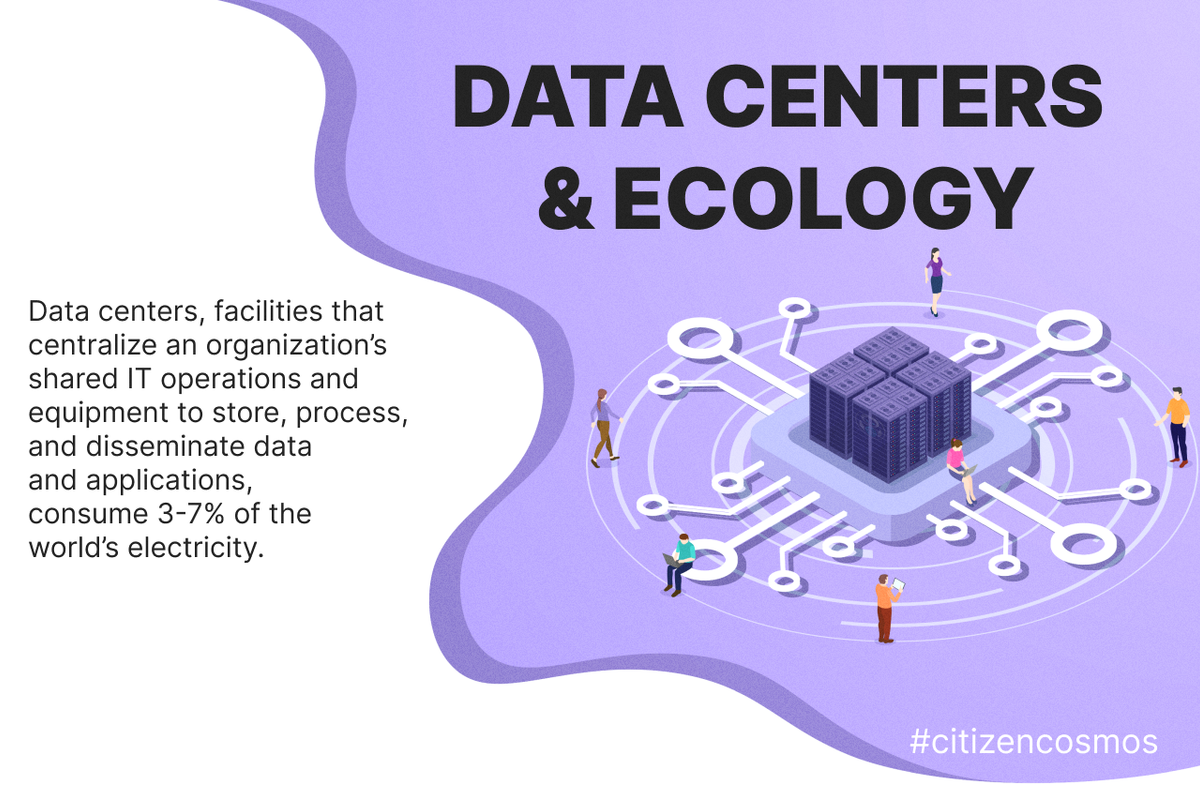The right to be forgotten
What do corporations know about us?
Corporations, large Internet sites, electronic services, applications on your smartphone, and God knows who else... Everyone collects and analyzes your data: geolocation, behavioral responses, and personal correspondence.
There are several data types about a person, and not all of them are created by him. Here is a far from a complete list of data that are of great interest and are in high demand:
-
Automatically generated location data This is information about the location of a cell phone or device from which you go online or keep it in your pocket.
-
Service Data This is information that a site or service needs to provide you with a service—typically your first name, last name, phone number, shipping address, and credit card information.
-
Voluntary public-controlled data This is the type of information you leave on the Web voluntarily, consciously, and proactively and want to be available to the public. At the same time, as a data producer, you have complete control over their availability.
-
Voluntary public but uncontrolled data There are specific platforms where your comments on other people's posts are out of your control, and you can't delete or edit them.
-
Biometric data The market for wearable devices is growing (fitness bracelets that measure heart rate, fingerprint and voice control sensors, etc.). This is because our body has several activity indicators and unique identifiers.
-
Attributed data There is information about you on the Internet that others possess, and you may not even know about it. For example, if your friend wrote a post about you and did not tell you, there is a piece of information about you that you have nothing to do with.
-
Behavioral Data The information about your activity on the website is collected, analyzed, and converted into a portrait of your preferences and hobbies.
-
Medical Data Medical level readings of heart rate monitors, blood glucose meters, body thermometers, smart inhalers for asthmatics that analyze the composition of residual air in the lungs, data on visits to doctors, medical history, test results, prescribed medications, whether you have allergies, phobias, and mental deviations - all this information in most developed countries has long been computerized and stored exclusively in digital form.
-
Collateral data The essence of this data perfectly captures the ancient folk wisdom, "Tell me who your friend is, and I will tell you who you are." For example, if you have 70% of your followers on Facebook that is gay, then it's highly likely that you are too. If 80% of your searches are related to musical instruments, studios and music, you are probably a musician. The conclusions that can be drawn from complex data are astounding. For example, Facebook can predict with a high degree of certainty which candidate a user in their country will vote for. And your cellular operator, if desired, can find out if you are cheating on your wife/husband because it knows who, when, and where you are calling and with which contact persons you intersect in space (if they use the services of the same operator).
-
Secretly collected data We will not dwell too much on the data collected by the special services and their methods. Edward Snowden told everyone about this in detail. However, remember that intelligence agencies and highly skilled hackers always have the theoretical ability to remotely connect to your computer and turn on your camera or microphone without your knowledge, record everything you type, or secretly take a screenshot of a working window.
Heroes of viral memes
In addition, there is a tremendous amount of information about you posted by other users on the network: photos from parties, funny short videos, screenshots of private correspondence, and much more. The scandalous pictures and videos of famous people pop up here and there like mushrooms after the rain is above mentioning.
We are talking about people who find themselves in a funny or ridiculous situation and burn with shame. There are quite a few cases of bullying individuals for this or information that got into the network. Some of them were in danger and forced to change residence. The story of Edgar Maddison Welch of Salisbury, who burst into a pizzeria armed with an automatic rifle after reading materials related to Pizzagate, is indicative.
They say that "the Internet remembers everything." Since then, laws have been passed that sometimes allow information to be removed from the public domain. Yet another aspect arises.
The right to be forgotten vs. freedom of speech
The right to be forgotten is closely linked to the right to freedom of speech, press, and information. At the same time, several experts believe that the right to be forgotten is a severe legal regression since it accompanies the emergence of problems of censorship and manipulation of information, infringing on freedom of speech and the right to free access to information - fundamental human rights enshrined at the national (including at the level constitutions) and the international legal level (art. 19 of the 1948 Universal Declaration of Human Rights)
On the other hand, the right to be forgotten accompanies the right to inviolability of private and personal life since the result is the removal of information for socially valuable purposes from the general information field, to which an indefinite circle of persons has access, based on the principle of treating information as a thing, owned by a person on the right of ownership with all the ensuing consequences. Thus, the right to be forgotten becomes a bridge between freedom of information and privacy. In contrast, the right to disseminate/publicize information becomes the antipode of the right to be forgotten.
How is the right to be forgotten implemented today?
At the moment, a person who wants to remove information about himself from public access can legally apply to the Internet site with a request to remove materials related to him. You can go to court if the Internet resource refuses to comply with this requirement. In reality, however, it’s not as simple as most sites, and court rulings ignore these requirements.
However, Google has a dedicated support section detailing the possibilities for exercising the right to be forgotten due to the high volume of hits. https://support.google.com/legal/answer/10769224?hl=en
Our favorite blockchain
Now let's move on to the critical question. Blockchain. If "the Internet remembers everything," but there are specific levers for removing information from the public domain, what about the blockchain?
Everything can be written into the blockchain. Removing this information from the blockchain network will no longer be possible. It will stay there FOREVER! Anyone can access this information.
If we are talking about funny videos, we can Laugh and forget about it. But there are things more severe and tragic. So how to deal with it?
Summary
We'd like to see how the state budget moves to the blockchain: transparent transactions, controlled costs, and no closed areas. Blockchain is also instrumental in general voting. However, if an open public poll on the blockchain regarding setting wages for civil servants from the budget, it would be a combo! )))
But what to do with personal information that you would like to get rid of? We are all human, and we tend to make mistakes. Sometimes these errors become the subject of public attention. Living with the constant thought that an unsightly piece of your life can forever remain a record in the blockchain is not the best idea. By the way, the guys from the Black Mirror series foresaw this dilemma. Something similar describes the event from the series "All About You."
What to do with the new technological opportunities that come into our lives? How do we adapt to the new social conditions these technologies give rise to?
The question is earnest. I invite you to a public discussion. Please write in the comments what you think about it!
If you would like to support our mission in creating educational content and aligning the goals of different communities, please stake with us here:
Join our community, to build a future where communication is decentralized. May the code be with you!

